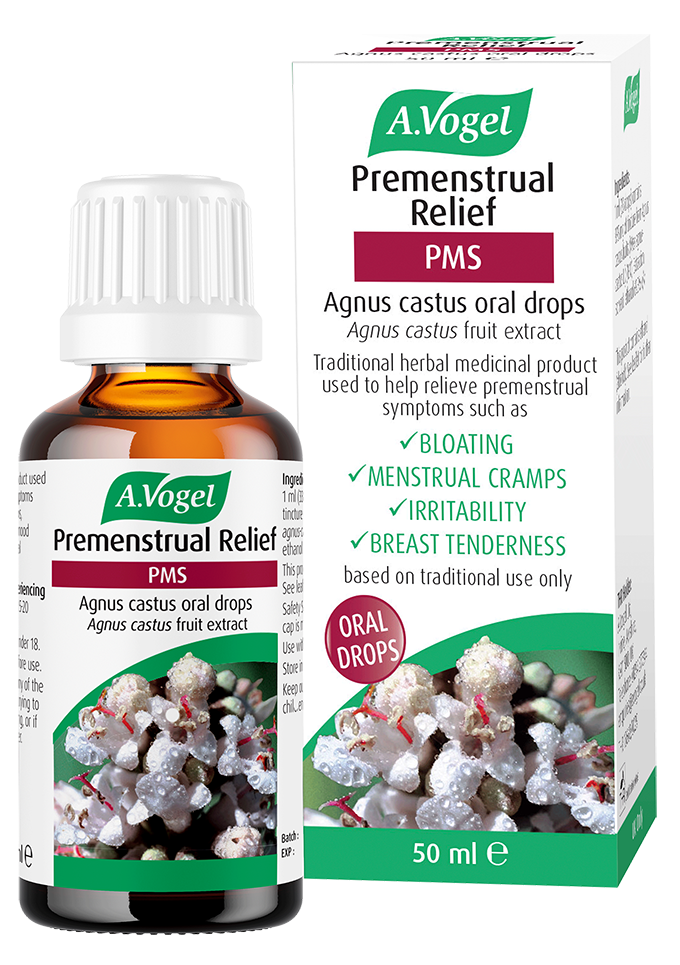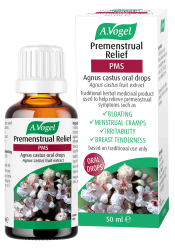Periods and your hormones
The hormones oestrogen and progesterone are responsible for setting off your period each month. This can lead to a whole host of well-known symptoms like low energy and low mood however, as I will soon discuss, these fluctuating hormones can also lead to some more surprising symptoms as well.
You can read more about what happens to your hormones during menstruation in my blog ‘Understanding your period and hormone imbalance’.
If an egg doesn’t become fertilised during menstruation then your hormones quickly return to their normal levels and so any symptoms caused by them are short-lived. Nevertheless, declining hormones are quickly followed by bleeding when the lining of your womb is shed (with no egg it is not needed this time round) and so even though hormones are no longer causing issues, at this stage you aren’t completely symptom-free!
1 Temporary weight gain
Due to the hormonal changes that occur during menstruation, some women find that their weight increases. This is linked to progesterone which can cause the body to retain water. Levels of progesterone peak in the days immediately before your period begins and so it is at this time you could experience uncomfortable symptoms like bloating and slight weight gain. However, when your period begins progesterone levels will immediately start to drop off and you should then see an end to any bloating.
My advice: Any weight gain due to progesterone is temporary and it should be noted that as long as your diet and activity levels stay the same, it is not down to your own actions. However, if you’d like some more information on why period symptoms may ease or increase due to fluctuations in weight, have a look at my blog ‘Could your weight be affecting your period?’.

2 Exercise becomes harder
Unfortunately during your period the changes to progesterone levels don’t just affect your weight, it can lead to a whole host of other symptoms too. It sometimes means it takes longer to recover from exercise for example, meaning your usual work out at the gym may make you feel sorer for longer than usual. However, progesterone increase is also known to cause you to get out of breath more quickly than normal and so again, exercise can become more difficult during your period.1 Also, as periods generally make us feel more tired and more fatigued than usual, it’s really no surprise that exercise becomes harder.
My advice: Take a few days off from your exercise regime in the days before your period begins and do other, perhaps more relaxing activities instead!

3 ‘Menstrual Migraines’
Once again we have to blame hormones for the onset of migraines during menstruation however, this time the problem lies with oestrogen. As this hormone drops in the days before your period, that’s when menstrual migraines are most likely to occur. This window for migraines can however, spread into the first few days of your period as well. According to the NHS these migraines are usually more severe than those that occur at other times of the month and they can be longer-lasting too.2
My advice: Over the course of a few months it’s a good idea to keep a note of any migraines that develop. This way you will be able to see how closely they are linked to your period and at what stage of it they develop. Have a look at our advice on symptoms diaries if you need a little more information.
4 Breast tenderness
I’ve already discussed how the menstrual cycle causes progesterone levels to rise and fall thus leading to symptoms like weight gain. However, this could also lead to another unusual symptom – breast tenderness. As I mentioned, progesterone encourages fluid retention and as a result, during their period many women find that their breasts begin to swell and then become sore.
My advice: This problem will quickly sort itself out when progesterone levels fall however, in the mean time you could apply a heat pack or some ice to help ease your discomfort.
5 Changing toilet habits
Our toilet habits aren’t something many of us are keen to discuss, especially during our period when things are all over the place. Nevertheless, believe me, if you have issues at this time you are not alone!
At the beginning of menstruation chemicals known as prostaglandins head towards the uterus causing the muscles there to contract. This, in turn, encourages the lining of the uterus to shed thus leading to the bleeding we are all very familiar with. However, sometimes there is either too much prostaglandin or these chemicals aren’t as targeted as they should be and so instead of just hitting the uterus, they also reach the gastrointestinal tract as well. This can then lead to diarrhoea and increased bowel movements meaning that during your period, you may find yourself at the toilet a little more often than normal…
My advice: Make sure you stay hydrated throughout your period, especially if you are suffering from diahrroea which can easily dehydrate you. Plus, as I discussed in ‘6 drinks to help period cramps’, water is particularly beneficial as it can help to ease symptoms like bloating.

Dealing with period symptoms
If you need a little assistance in dealing with the many symptoms associated with menstruation then you may wish to turn to our Agnus Castus Oral Drops.
These can be used to address cramps, breast tenderness, bloating, as well as irritability and mood swings. Agnus castus is a licensed herbal remedy made from the tincture of Agnus castus berries.






 Looking for our products in a store near you?
Looking for our products in a store near you?

